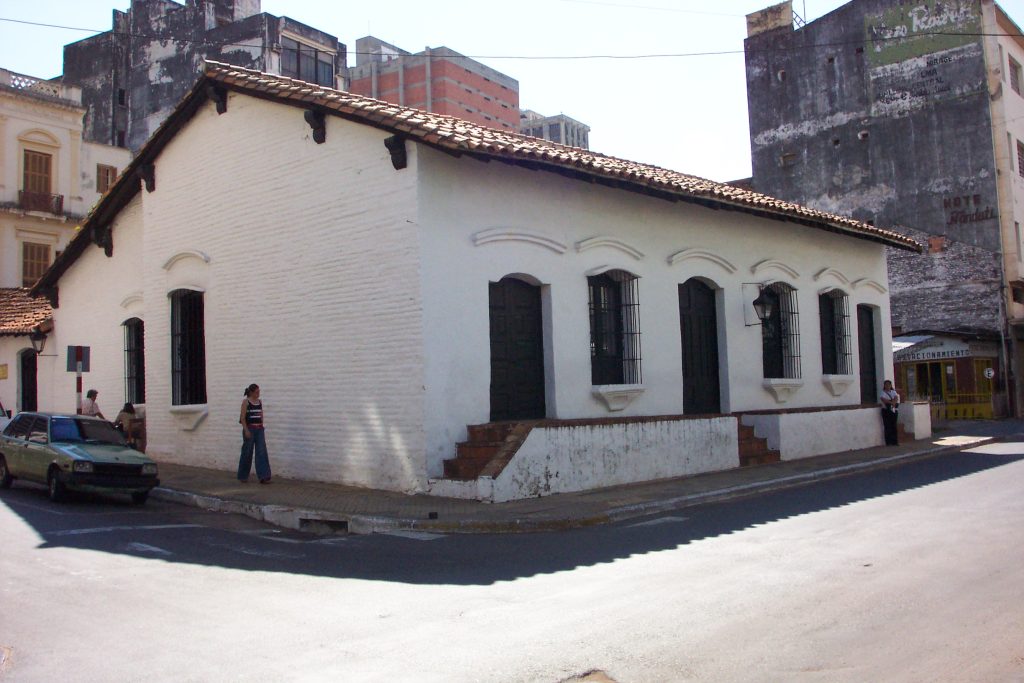Historical Review of Paraguay
Paraguay was discovered...
Paraguay was discovered by Alejo García and Sebastián Gaboto, both under the orders of the Spanish Crown in 1524, while the city of Asunción was founded on August 15, 1537 by Juan de Salazar y Espinosa, and was consolidated by Juan de Ayolas. Thus beginning a long history of Colonialism, until 1811, when it became independent from Spain.
Unlike other American cities, Asunción did not suffer the severity of the wars for their independence. The process of emancipation was between the years of 1811 to 1813. In 1814 the dictatorship of the long and rigid government of José Gaspar Rodriguez de Francia began, which meant on the one hand the stubborn defense of Paraguayan independence, but also the country’s confinement. Rodríguez de Francia died on September 20, 1840. The insertion of Carlos Antonio López into the political life of the country began there.

During his tenure Carlos Antonio López slowly opened the country abroad. Among the actions of progress of the Lopez government are: the creation of the first national newspaper, “El Paraguayo Independiente”, of the Merchant Fleet and the Railroad; the start-up of the Ybycuí smelter, the national arsenals, and the hiring of about 200 European technicians who contributed their knowledge and their work for the modernization of the capital and the country. Education and culture were other fields favored by initiatives of Don Carlos, who served a second and third term of government, until his death in 1862.
The War of the Triple Alliance (1864 -1870), the War against Bolivia (1932-1935), the political instability of the first half of the 20th century, and the bloody civil war of 1947, bleed the country out leading to the military coup of 1954. General Alfredo Stroessner establishes a long dictatorship until 1989, the date on which the democratic system is reinstated, after the coup d’état led by General Andrés Rodriguez, who hands power over to civilians. Since then, Paraguay is a democratic country where political elections are regularly held within the framework of the National Constitution.
